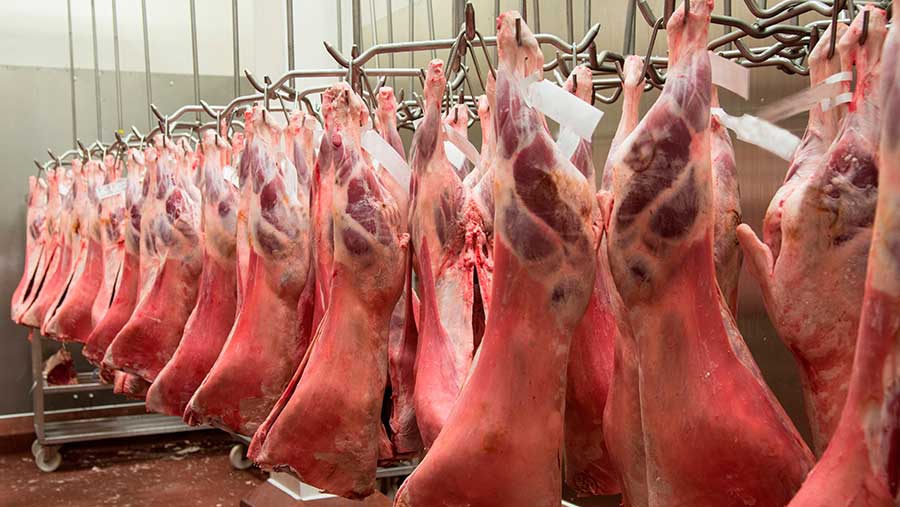‘Relentless’ red tape a factor in Somerset abattoir closure
 © FLPA/John Eveson/REX/Shutterstock
© FLPA/John Eveson/REX/Shutterstock A small abattoir in north Somerset has announced that it is closing after 120 years in business, blaming “over-the-top” meat hygiene regulations as a factor in the decision.
Bakers of Nailsea, which also runs a retail butchery and wholesale meat business which will continue to operate, has announced it will close the doors of its slaughtering arm within the next couple of months.
Toby Baker, managing director, said the decision was a commercial one, with throughput down in the slaughterhouse because of the decline in the number of shops it supplies.
It currently kills about 30 cattle and 150 pigs and sheep a week – one-quarter of the numbers five or six years ago.
See also: Red tape threatens local abattoirs, say campaigners
Relentless red tape
But the “relentless” red tape emanating from the Food Standards Agency, and its associated costs, had been another influencing factor, he told Farmers Weekly.
The abattoir is currently operating for just three days a week, but it costs £700/week for the services of an official vet to inspect stock ante-mortem and a meat hygiene inspector to inspect the line and carcasses.
This figure is after government subsidies are taken into account.
Mr Baker said he felt the FSA was operating with a kind of “fanaticism” when it came to the running of abattoirs, which seemed to be getting worse.
“If small to medium-sized abattoirs are going to survive, the FSA has to change and a sound, sensible approach to regulation has to come in,” he said.
Spot checks
Mr Baker said he agreed that abattoir health and welfare controls had to be enforced, but he had long held the view that it was absurd to insist that vets were on site at all times.
Abattoirs were capable of looking after their own control procedures in the same way that other food businesses, such as cafes and restaurants, were required to do.
Rather than a full-time veterinary enforcement regime, vets would be better employed in a general monitoring capacity, making unannounced spot checks on plants to check compliance.
“All other food business have management procedures that ensure the safety of their product and compliance with hygiene regulations,” he said.
“Health officials visit periodically to check that the law is being complied with.”
Open letter
Mr Baker has written an open letter to the head of the FSA, Heather Hancock, inviting her to visit his abattoir and investigate first-hand the effect the FSA has had on the business and the people who work there.
A Food Standards Agency spokesperson said: “It is our role to ensure that meat produced in abattoirs meets relevant animal welfare and hygiene regulations so that consumers have confidence in what they are buying and eating.
“Abattoirs require an official veterinarian to be on site to comply with EU food hygiene regulations and animal welfare legislation.
“We have introduced a charging system for these required controls – developed in part by the meat industry – to support small and medium-sized slaughterhouses, with discounts of 25% to 90% available.
“However, we remain committed to exploring ways to apply these more efficiently while still maintaining the highest standards of hygiene and welfare.”
